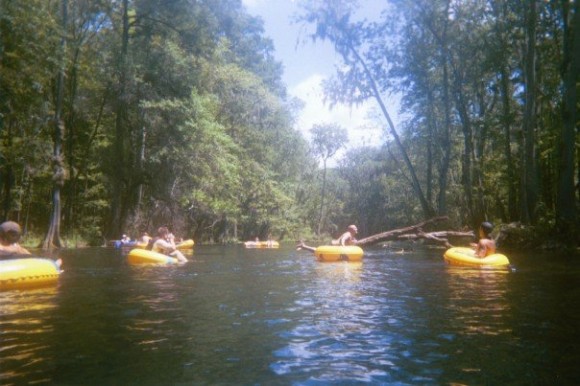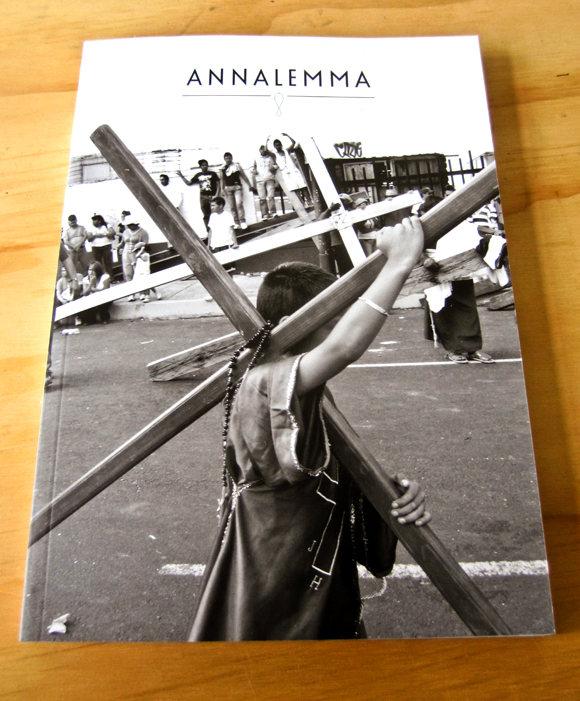My brother, when they opened you up and found what they found, at first I was enraged. How could I not be?
The surgeon must have initially been confused, this man who laid you on the table and split you open to retrieve your donated organs. The heart attack at fifty-six was hardly shocking for someone of your size (the paramedics had to call in backup to carry your body to the ambulance), but the routine surgery quickly became something else. There, tucked in the folds of your small intestine, was a large bundle wrapped in latex. The surgeon lifted the swaddled mass from your body, unwrapped it, and then he, too, must surely have felt rage as his initial confusion turned to understanding with each item he removed, piece by piece:
A Michael Jackson bobblehead doll.
A Miley Cyrus CD.
An aluminum pin with a picture of Barack Obama and the words “Everyone just chill the fuck out. I got this.”
A Dan Brown novel.
A Los Angeles Lakers jersey.
All items from the year 2009. You were twenty-five years old, an overweight young man with an inflamed appendix. I talked to you on the phone from my apartment in Oregon as you rested in your hospital bed in Wichita. How could we have known then that the smiling doctor who brought you rainbow sherbet three times a day had exchanged your appendix for such a monstrous time capsule?
As your closest living relative, the police informed me of my legal options. The surgeon who performed your appendectomy had been dead fifteen years—a suicide, the police told me—but I could still press charges against the hospital. I told them I would. I was seething, burning with rage.
These past few years, I’d been visiting you almost every day. Your weight left you nearly immoble, so I’d bring over your groceries and medicine. I’d say I was just checking in, but with my wife dead and no children, you could probably tell that I needed you as much as you needed me. After Sandra died, one of her friends gave me a HoloHelm, said it would keep me company and stop me from thinking too much, but I stuck my head in that thing just once before throwing it in the dumpster. All the lights and weird angles set my stomach off, and it just made me miss sitting down and talking to someone.
The officers waited while I stood there, grinding my teeth, and I pictured you, your round face and your thin gray hair that had once been long and blond, like you were some colossal surfer. I imagined how you would react if you’d lived to discover the gruesome burden you were bearing. And then I told the police to go away, that I needed to think.
Because you would have laughed. I’m sure of it. You were incapable of anger or bitterness, though in your life you had every right to both. I remember, back when we were in school, you two grades ahead, the other kids would give you hell. You were always big, and though I wasn’t exactly trim, they gave you a much worse time than me. But you’d always just take it with a smile on your face and then go off by yourself and read one of those joke books you carried around with titles like 1,000 Side-Splitting Jokes that had gems in them like: Why do firemen wear red suspenders? To keep their pants from falling down!
I asked you one day why you liked to read those books instead of books about war or computers or something, and you looked at me like I was an idiot and said, “Because they make me laugh.” It baffled me how such a small, simple pleasure seemed to be enough to get you through those days without going crazy or doing something destructive.
After high school, you stayed in Kansas and worked for a bank while I moved out west to look for a different life. Who would’ve thought we’d end up together again, so much later, here in St. Louis?
And then you went and died, and there I was alone in my house with a bobblehead doll, a CD I couldn’t even play anymore, and the rest of the junk they’d pulled out of you. I remembered, after your surgery, you were making jokes on the phone about how now you’d at least be a few ounces lighter. You talked a little about the hospital, but mainly you wanted to hear about my life.
I was living in Corvallis then, and it was summer. I’d just graduated with an English degree from Oregon State University, and I had no idea what I would do when the summer ended. I was spending all the time I could with my girlfriend, Mandy, before she moved to Chicago for grad school. You know, I’d almost forgotten about Mandy until I held those old items and remembered talking to you back then. She meant the world to me for two years of my life.
One day, near the end of summer—it was my twenty-third birthday, in fact—we decided to buy an inflatable raft and float up the Willamette River. We found one for $30 at Fred Meyer, grabbed a six-pack of PBR, and set in three miles south of downtown. The current carried us north. I wore a Speedo because it was my birthday, even though my figure was clearly not meant for a Speedo. I got some strange looks from the slim and tan college students spinning past us on inner tubes. Mandy wore a green t-shirt that I kept trying to look down even though I knew she had on a bikini underneath.
We trailed our hands and toes in the cold water. The Willamette was still clean enough back then that you could go swimming if you wanted, but neither of us did. The sun avoided the few clouds in the sky. The air smelled like fresh water and growing things. Hawks circled above us, and one plunged down screaming so close we were sure he was going to puncture our raft. Mandy threw an empty beer can after him, and he didn’t come back.
Farther up the river, a cop pulled along beside us in a motor boat. He didn’t care about the booze, but he gave us a $50 ticket for operating a watercraft with no lifejackets. A bare-chested young man floated past us on what was clearly an air mattress. Ours was considered a watercraft, the cop told us, because it had oarlocks. What the hell are oarlocks, we asked, and the cop pointed to a plastic, U-shaped loop on the side of our raft. The rest of the trip, we made jokes about oarlocks, which sounded to us like some type of ghoulish monster. Whenever we saw someone floating close to the shore, we’d point to the trees and yell “Watch out for the oarlocks!” One girl riding an inflatable alligator looked to the shore with such terror that she almost flipped over.
I don’t remember the timeline exactly, but a part of me wants to believe that was the day of your surgery. That there I was, lying on my back, Mandy’s hand in mine, the sun warm on my skin and the air cool, turning in slow circles on that raft with its new rubber smell. And you, my brother, just two years older but a lifetime away, also lying on your back, unconscious, a very real monster standing above you. I wonder what his thoughts were at the time. Was it a joke to him? A statement of some kind? Did he have your wide, grinning face in his mind years later when he ended his life? Who can say. Whatever his intention might have been as he tucked that package beneath your skin, in fact he was delivering, though he couldn’t have known it, this memory to me across more than thirty years. A hot summer day. The soft touch of a girl’s hand.
So how can I still be enraged? I called the police and told them I wouldn’t be pressing charges. The surgeon is dead, and you are dead, but I am not dead. I laid out on the kitchen table all the items you’d carried for decades inside your body. I picked up each one, turned it over in my hands, trying to remember other moments, other pieces of my past I’d somehow lost, or forgotten, or buried.
Read more about Robert here.
Read more about Casey here.






















Hey, nicely done. Worthy of a fellow AnnaLemmanite for sure.